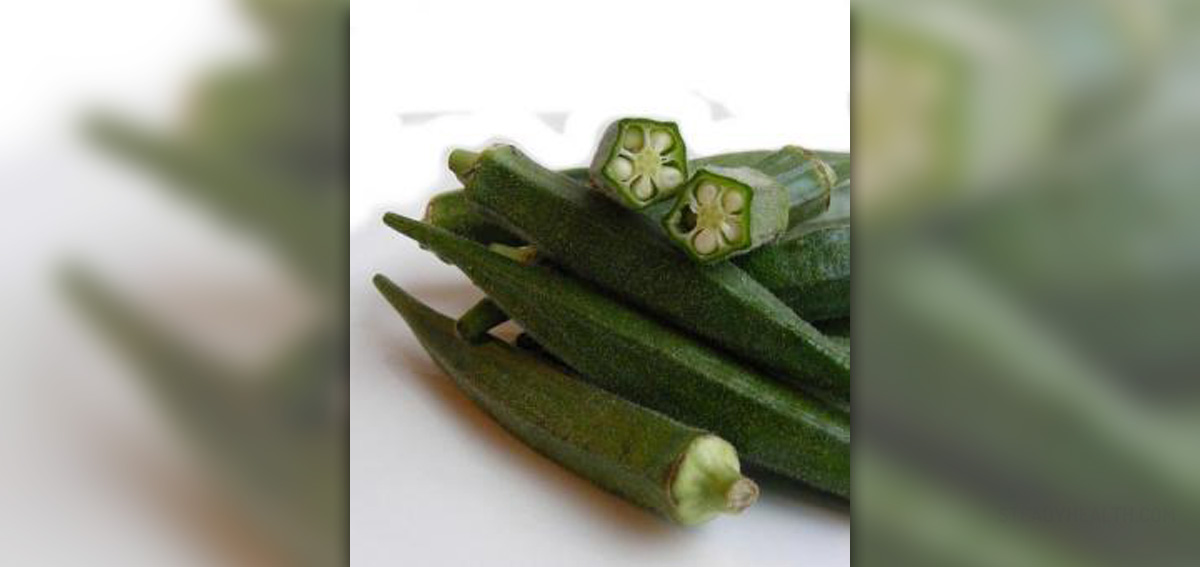
Okra, lady’s fingers or gumbo, is a plant known worldwide for its many health benefits. It has a long history and the ancient Egyptians, even before Cleopatra’s time, used it to cure certain illnesses. It was spread to the West during the Atlantic slave trade and ever since then it has been used for both culinary and medicinal purposes.
What is okra?
Okra is a plant from Malvaceae family with white or yellow flowers and the fruit is shaped like a pod which contains many seeds. The part of this plant which is used for food is the pod.
During World War II there was a global shortage of coffee so the roasted and ground okra seeds were used instead.
Okra can be grown easily from seeds in gardens and even on balconies, in colder climates, during summer, and in warmer zones all year long. It can be found in local stores and farmer’s markets.
Health benefits of okra
Okra is rich in vitamins A and C and in iron and calcium. It contains starch, ash, fat, thiamine, and riboflavin. It also contains folate, magnesium, potassium and calcium.
One cup of okra contains 3.2 grams of fiber, which makes it very beneficial for people who have high sugar levels in serum, because this fiber decreases the rate of sugar absorption in the intestines.
It is also suitable for people who wish to lower their cholesterol levels because okra mucilage binds cholesterol and bile acid which carries the toxins to the liver.
Okra has a laxative effect thanks to its smooth texture, which, unlike wheat bran, does not irritate the walls of the intestines. It bulks the stool preventing constipation and problems related to constipation.
Fiber found in okra is an important food for the good bacteria that live in the intestines and contribute to normal functioning of gastrointestinal system, which is why okra is recommended for people who suffer from bacterial disbalance in the intestines, for example after taking antibiotics.
Okra can reduce inflammation, joint pain, sore throat, pneumonia, irritable bowel syndrome and ulcers.
People who feel exhausted, weak or depressed can benefit from this plant, which is also recommended for asthma patients.
Okra improves the structure and condition of blood vessels and it is believed to be able to prevent cataracts.
The skin can benefit from okra as well, because it contains important vitamins A and C and it is perfect for treatment and prevention of acne.
There has been some evidence that okra can prevent the expansion of some types of cancer, especially colorectal cancer.

















Your thoughts on this
Loading...